Pope Francis, in critical condition with double pneumonia, had a “tranquil” night after a respiratory crisis and blood transfusions, the Vatican confirmed Sunday.
The pope was admitted to Rome’s Gemelli hospital on Feb. 14 after experiencing difficulty breathing for several days and subsequently had pneumonia diagnosed in both lungs.
The Vatican described his condition as critical for the first time Saturday, reporting that the 88-year-old Francis had needed supplemental oxygen and blood transfusions that day after a “prolonged asthma-like respiratory crisis.”
“The night was tranquil, the pope rested,” the Vatican said in a one-sentence update Sunday morning without providing further information. A further update on the pope’s condition is expected later in the day.
Archbishop Rino Fisichella, a senior Vatican official, told participants at a Mass in St. Peter’s Basilica on Sunday morning to strengthen and intensify their prayers for Francis.
The Diocese of Rome, which the pope leads, announced a special Mass for Sunday evening to pray for Francis so that he will have “the strength necessary to get through this moment of trial.”
Double pneumonia is a serious infection that can inflame and scar both lungs, making it difficult to breathe. The Vatican has described the pope’s infection as “complex,” saying two or more microorganisms are causing it.
Francis, who has been pope since 2013, has suffered bouts of ill health in the past two years. He is particularly prone to lung infections because he developed pleurisy as a young adult and had part of one lung removed.
In a statement Saturday evening, the Vatican said the pope’s respiratory crisis had required the administration of “high-flow oxygen.”
It said he had also needed blood transfusions because tests showed he had a low platelet count, which is associated with anemia. Platelets are cell fragments in our blood that form clots and stop or prevent bleeding.
In a briefing Friday, two of his doctors said the pope was highly vulnerable because of his age and general frailty.
Dr. Sergio Alfieri, a senior member of the Gemelli staff, said there was a risk the lung infection could spread to his bloodstream and develop into sepsis, which “could be very difficult to overcome.”




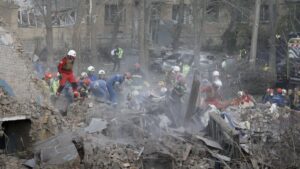





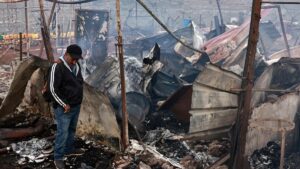
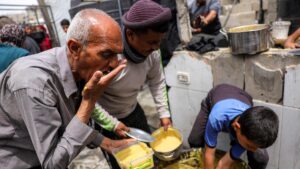



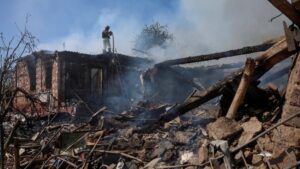

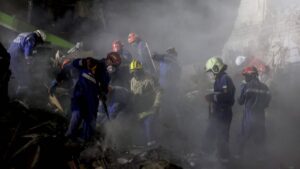


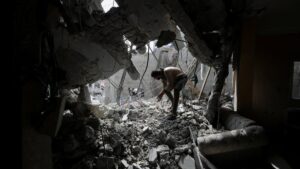

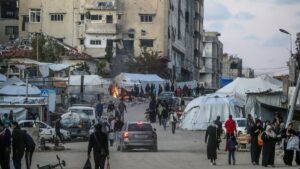




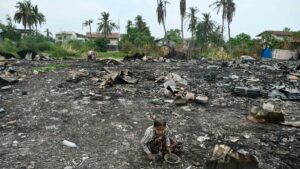




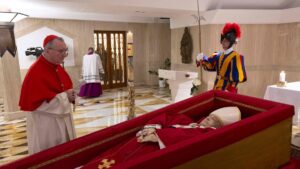






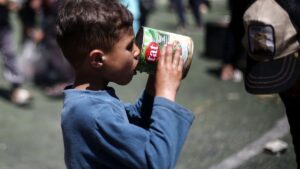
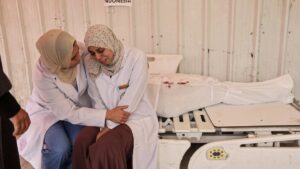
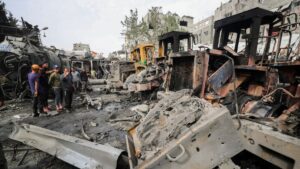
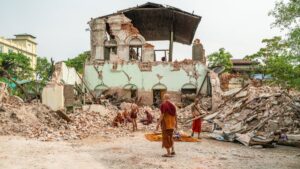




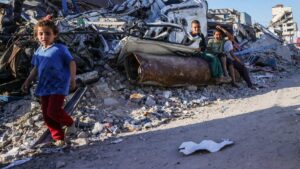
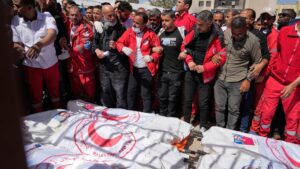



Be First to Comment